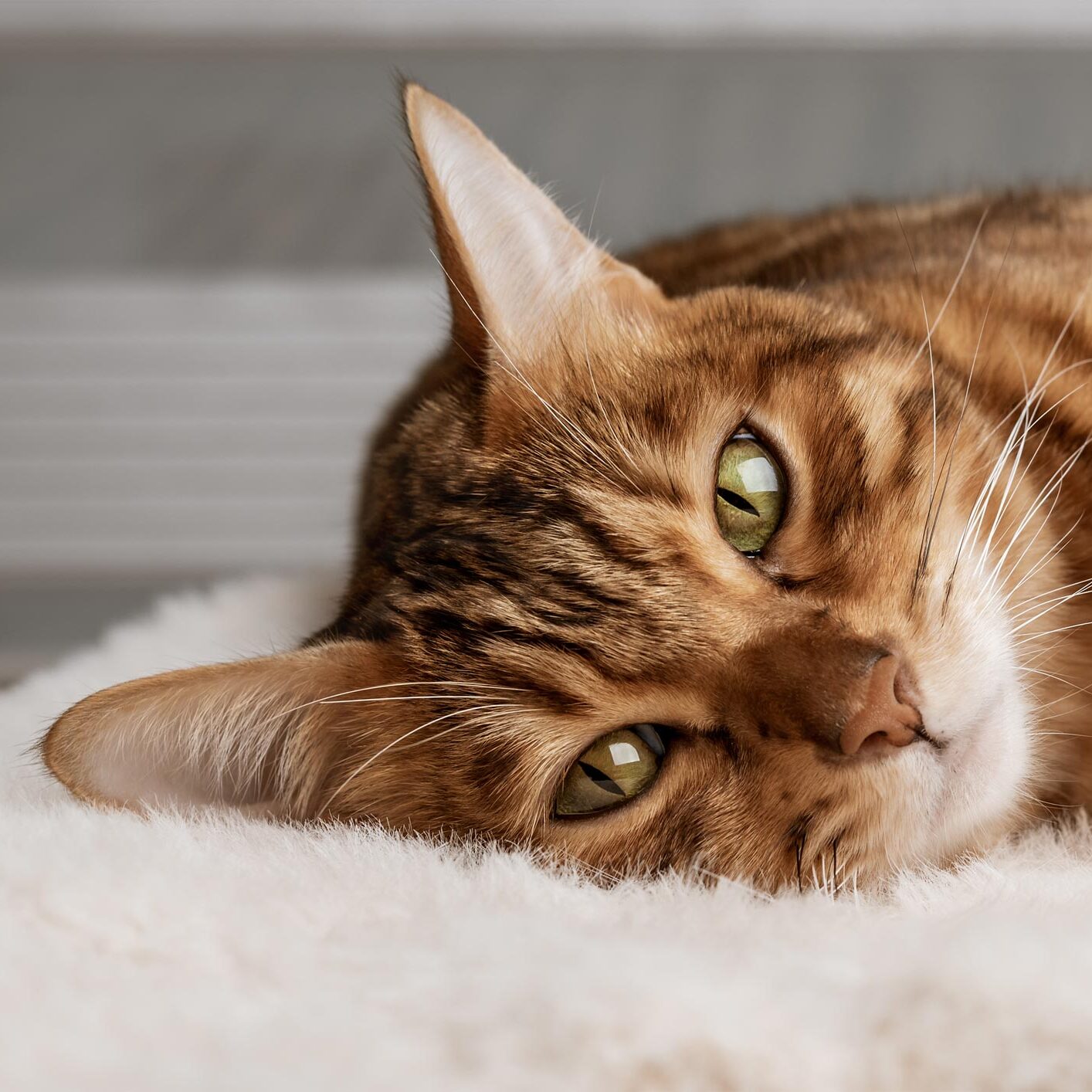
Spaying and neutering, also known as sterilization, are among the most common surgical procedures performed on dogs and cats. Here at Furever Family Veterinary Care Center, we generally recommend that these procedures be performed around 6 months of age for cats. For dogs, however, the exact age varies by breed. We’ll be happy to discuss our recommendations for your canine companion at your next visit here in East Moline!
Just as with any other surgery we perform, we prioritize the safety and comfort of every patient we see. Visit our surgery page to learn more about our safety protocols, including pain relief, warming methods, and post-surgical care.
Benefits of Spaying and Neutering
Sterilizing may sound scary to a new pet owner, but this procedure actually offers a wide range of health and behavioral benefits for dogs and cats, which are detailed below.
Spay Benefits:
- Reduces risk of breast cancer, if surgery is performed before first heat cycle
- Eliminates chance of unwanted pregnancy and heat cycle*
- Decreases risk of uterus infections or mammary tumors
- Reduces or eliminates your pet’s desire to roam to seek a mate
Neuter Benefits:
- Lowers risk of prostate problems and testicular cancer
- Decreases risk of roaming away from home to seek a mate
- May reduce aggressive behavior
- May eliminate or reduce marking
*It’s possible for female adult dogs and cats to have to three litters a year. In terms of the heat cycle, adult female cats can go into heat every two to three weeks. Adult female dogs have a heat cycle up to three times a year, depending on breed.
Can Other Services Be Performed During My Pet’s Surgery?
The short and simple answer is yes. When your pet is under anesthesia, they will be completely unconscious and unaware of their surroundings. That means we can provide minor grooming services, such as nail or claw trimming, while they’re anesthetized.
We can also perform a specific preventive surgery called prophylactic gastropexy, which reduces the risk of a potentially fatal condition known as Gastric Dilation-Volvulus (GDV). This condition, which is also known as “bloat,” can affect giant breeds and deep-chested dogs. The surgery involves “tacking” the stomach down. More information about GDV and the preventive surgery can be found on the American College of Veterinary Surgeons website.
